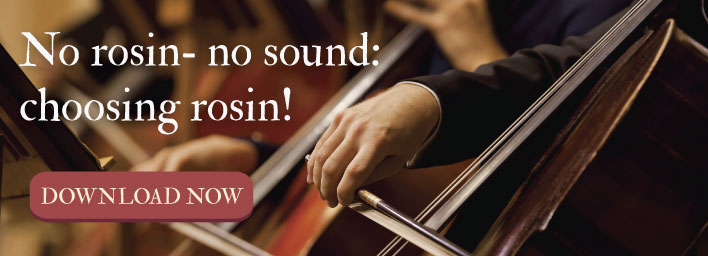How To Find And Apply For Artist Grants

Musicians just want to make music. We get it. Even so, it usually takes some funding to do the music. That means sometimes, you have to put down the instrument for a bit and apply for a grant. It can be a laborious process, and frustrating when your application efforts don’t result in financial support for your career or project. The good news is that there are probably more grant-giving organizations out there than you can imagine and you can learn how to prepare grant applications to increase your chances of being awarded. It just takes some practice. You can do that.
Where to find the right grant for you
While there are literally thousands of organizations eager to give money and support to musicians, they also usually have their own set of very specific requirements. You’re first task is to find the organizations giving grants to people and situations like you and yours. In fact, the more precise the criteria, the better chance you have at winning the grant because the applicant pool will be smaller.
One of your main sources to find the right grant for you is the good ol’ Google machine – but be precise. You can search for “grants for musicians,” sure, but then you’ll be slogging through a lot of websites that aren’t useful to you. You don’t have time for that.
Instead, search for grants for “violinists under the age of 25” or “cellists in Virginia.” Common variables grant-giving organizations used in their selection criteria include instrument, discipline (even as granular as music type, like classical or blues-jazz music), age, and whether you’re applying as an individual or organization.
Some grants may also be for specific purposes, say providing housing for artists, money to buy a high-quality instrument or to promote special music events. Some may offer micro-grants starting at $250 or provide thousands of dollars to pay for private lessons and development. Thus, also search for grants based on the need you’re trying to fill. Especially in these cases, don’t overlook organizations that provide grants to “artists” rather than strictly “musicians.”
You don’t have to rely entirely on Google. Several sites have databases of artist and music grant giving organizations that you can search directly:
Another good place to start is with all your local public arts organizations, on the community and state level. According to Americans for the Arts’ research, arts funding by local governments has been going up for the past six years and the state budgets for arts appropriations went up by 8% for the 2017 fiscal year, totaling $368.2 million.
You have offline options as well. The more involved you are in your local arts community, you’ll start learning about, and even meeting people from the organizations and corporations that provide grants to musicians. When you attend local arts events, take notice of the sponsors in their program. Network with these people and invite them to performances or events you’re involved with so you can start building a direct relationship with them.
How to write a winning grant application
When it comes time to prepare a grant application, the first and second steps you need to take are to read the full application guidelines and then read them again. You don’t want to waste time applying for a grant with criteria you don’t meet. These organizations get a lot of applications and have their criteria for a reason. So if you’re 26, don’t apply for a grant given to students aged 18-25. You’re wasting everybody’s time.
The second time you read through the application guidelines (now that you know you meet their eligibility criteria), focus on noting all the application
- deadlines
- what contents and information is required in your application (including limitations! If they only want a 2-page statement, don’t send a 3-page statement)
- their stated goals, mission and preferences for grant awardees
Really, each organization’s guidelines are the best “how to” guide for completing their application. When it comes to crafting the applicant contents, you want to:
- Start with a super clear, concise summary that tells them who you are, how much you want, how you intend to use the money, and how this aligns with the organization’s goals.
- Have specific goals. “Expanding my performance opportunities” is too general. Do you need money to cover travel expenses, marketing, you want a professionally produced performance portfolio to send out? Be specific in how you want to use the money, how much money you want, and the timeline for when/how it will be spent and what results you expect to achieve and when. Make your timelines realistic.
- Don’t throw in a bunch of information at them that they haven’t asked for. It just muddies the water for what they do want to see. It also reflects poorly on your professionalism and responsibility to fulfill your vision if they did give you the grant money.
- If requested, make sure you have a spot-on performance portfolio to include.
- Make sure you’re placing your goals with the grant squarely in the context of the organization’s stated mission and goals. Don’t expect them to just see the connection. Look at the language they use. If they’re all about “bringing music into underserved communities,” highlight how your program will do that.
- PROOFREAD!!
The odds may seem long, but musicians are getting grant money – so why not you? You’ll get more comfortable with the process as you start doing it. And you’re certainly not going to get any funding if you don’t apply! So get on it.


